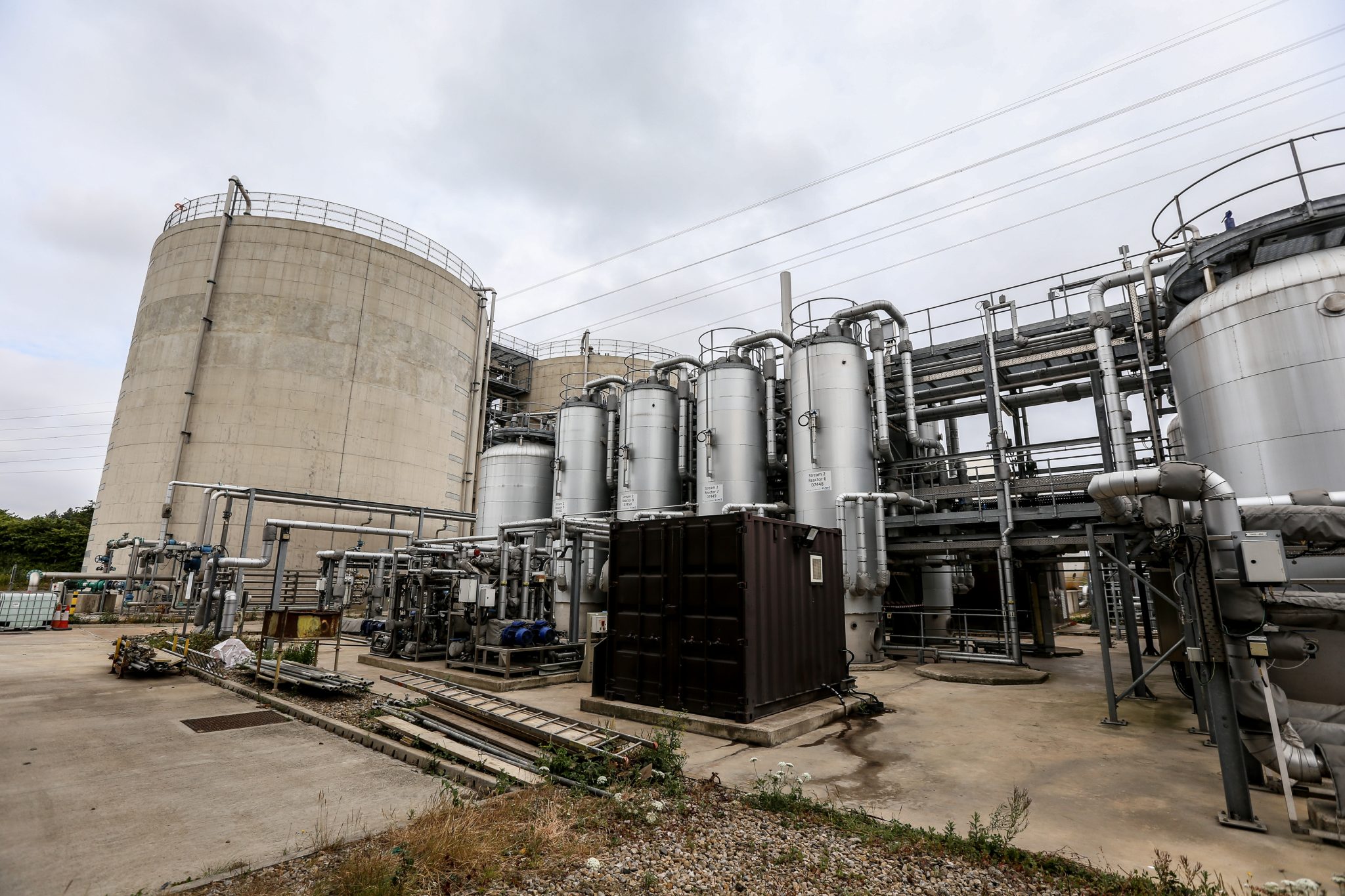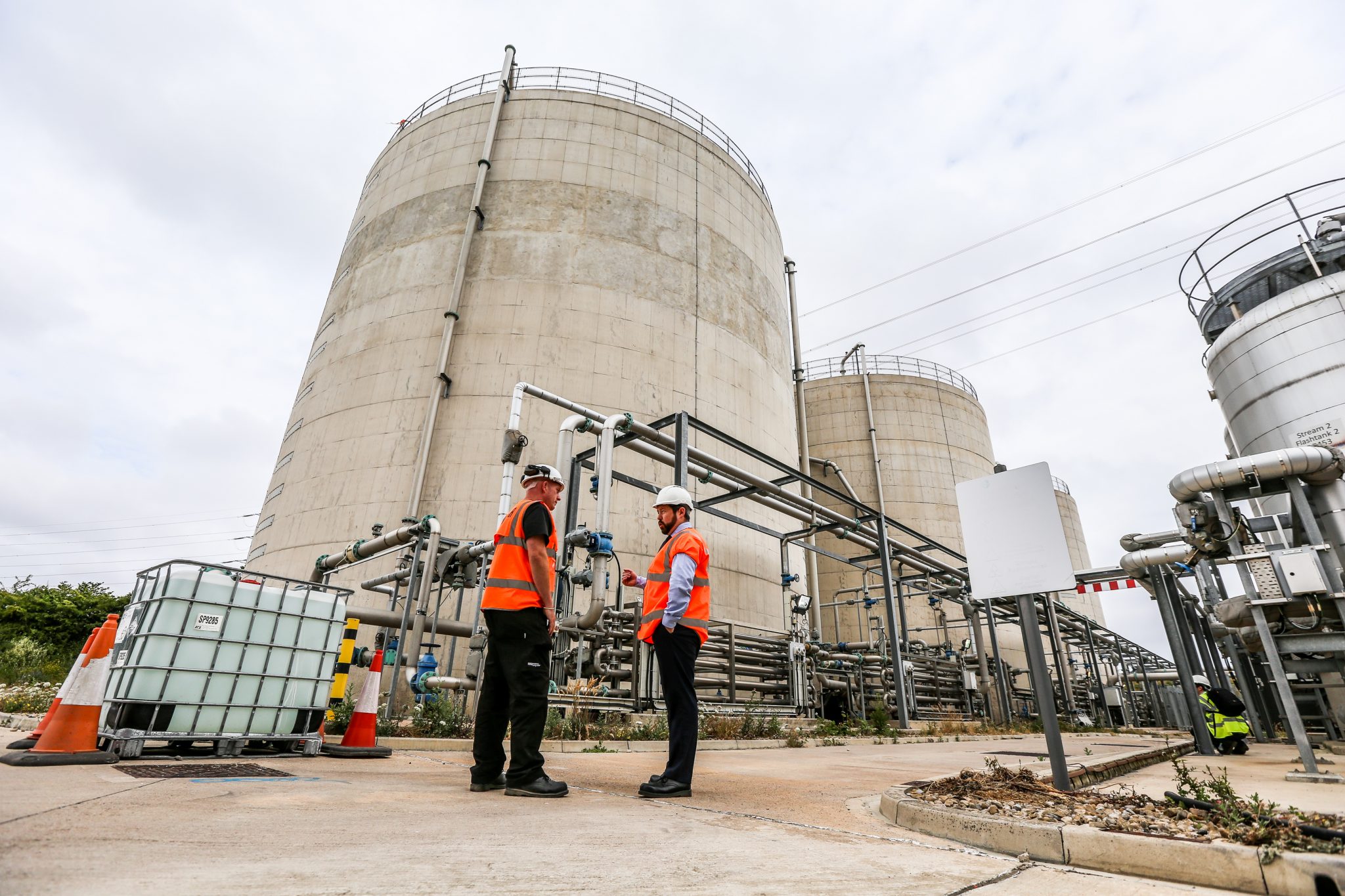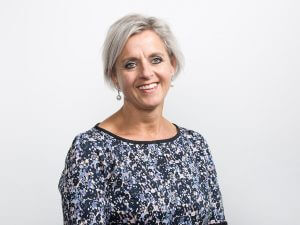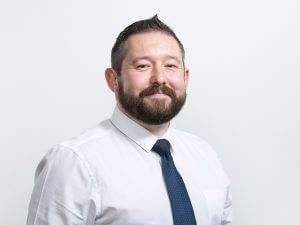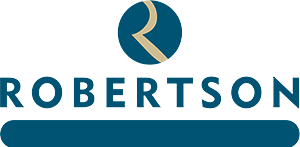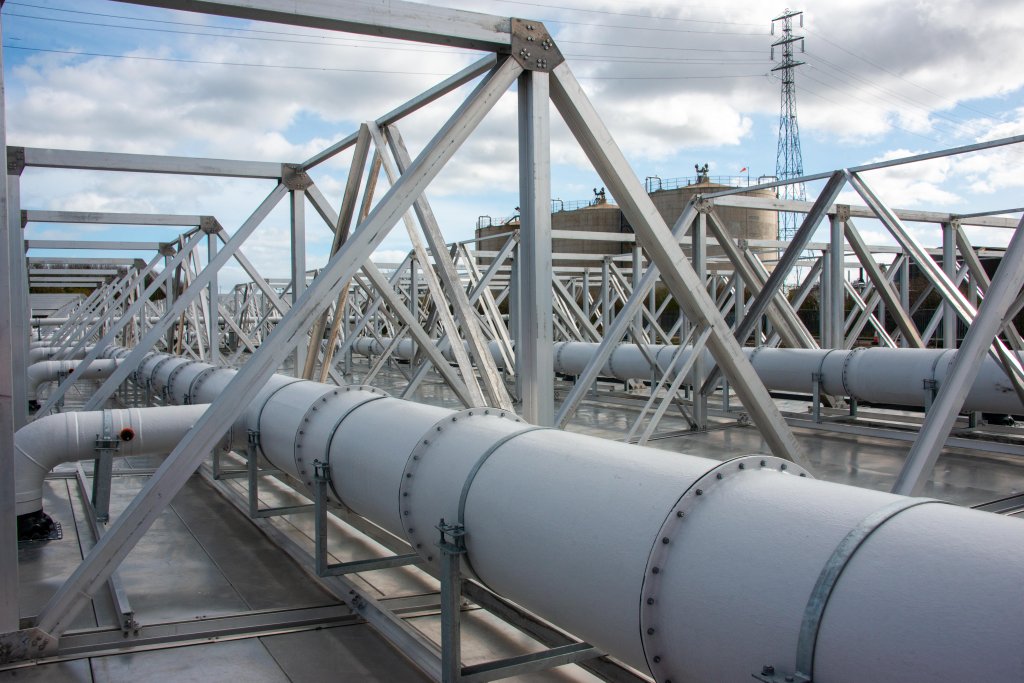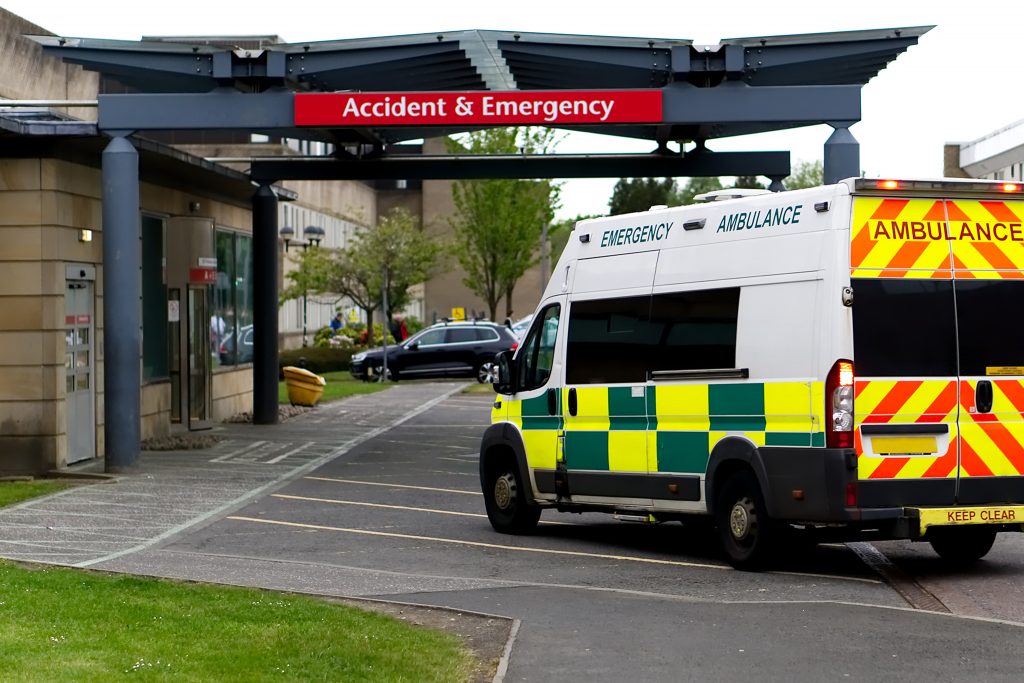The organisation, which is part of Northumbrian Water Group (NWG), is working to reduce the utility’s running costs and carbon emissions. In addition to supporting NWG, TWS has pledged to cut its emissions by 35% between 2008 and 2020. It offers services and products to the commercial sector, including the strategic management of water.
The AD plants create green energy by processing sewage sludge, and NWG is the first water company in the UK to fully recycle the materials that remain after the sewage has been treated, in order to create renewable energy.
Each year, the two plants combined process approximately 75,000tds of sludge, which results from the treatment of domestic and industrial sewage.
Tony Rutherford, Process Optimisation Controller at NWG, explains: “The digestion and combined heat and power (CHP) elements of processing sewage and sludge are well established, however conventional treatment is a lengthy method, taking approximately 30 days in traditional digesters. Where our treatment plants are revolutionary is the introduction of thermal hydrolysis, which reduces this time by 50%, meaning it takes approximately 15 to 18 days to break the waste down. This reduction in time means that a higher volume of waste can be processed into power more quickly, generating more money for the organisation.
“For companies that deal with human, agricultural, or household waste, AD is an ideal solution to consider, it is a more cost-effective option than standard disposal or sewerage costs. With companies increasingly aware of their impact on the environment, it is important to identify that the plants fully recycle the sludge, making it an environmentally-friendly and sustainable method of energy production.
“The AD plants use cutting-edge technology to deliver high-efficiency results at a lower cost to organisations, ensuring that everyone benefits from using the plants. Our Howdon and Bran Sands sites serve many different types of businesses, so even organisations that don’t produce enough waste to warrant purchasing an AD system of their own can benefit from our services. At present, our plants are able to produce 50% more biogas than conventional methods of anaerobic digestion. NWG produces approximately 30,000,000m3 of biogas from sludge per year.
“Not only does the AD process increase income, compared to conventional digestion processes, but also 100% of NWG’s sludge will pass through these plants, ensuring Enhanced Treated product status is achieved for use in agriculture as fertiliser. This means it meets specific EU regulations that reduce the number of microorganisms in the fertiliser to an almost negligible level.”
